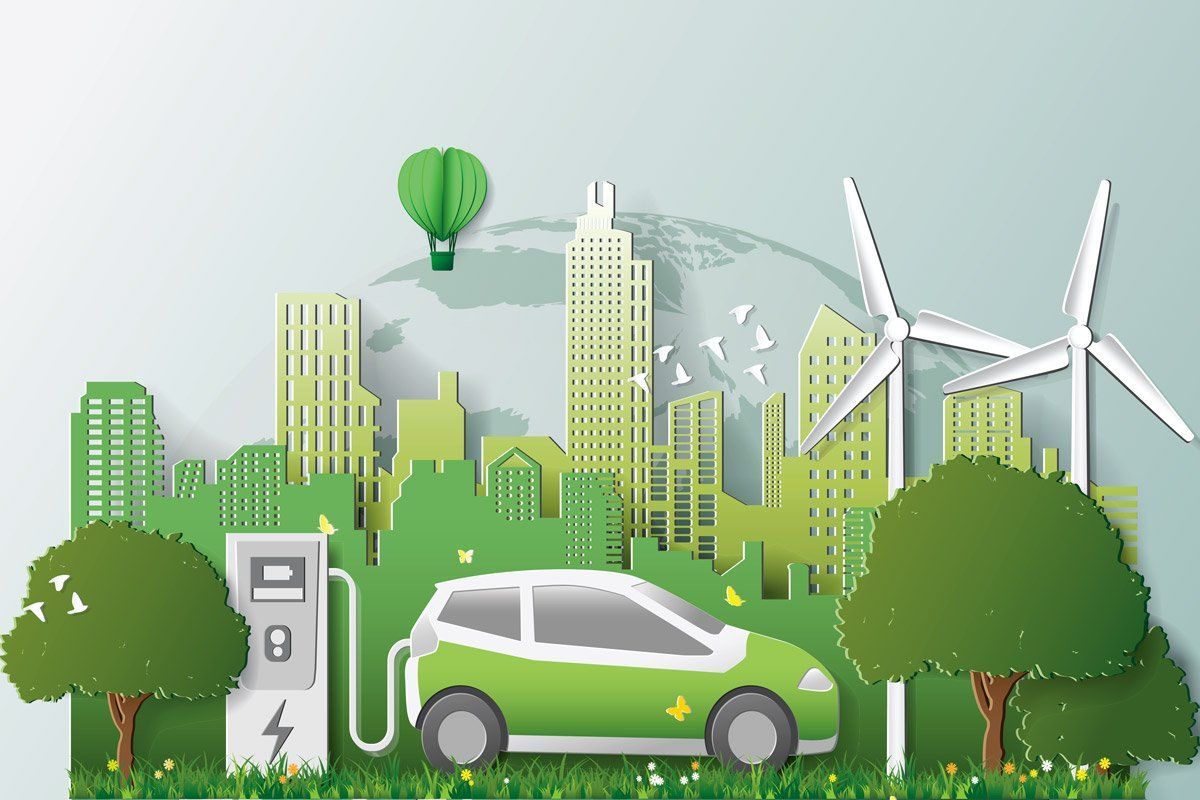As the world becomes more conscious of the impact of traditional gasoline-powered vehicles on the environment, the demand for eco-friendly transportation solutions has been on the rise. Electric vehicles (EVs) have gained popularity in recent years as a clean and sustainable alternative to traditional cars. However, the eco-friendly transportation movement goes beyond just electric vehicles. In this article, we will explore the latest advancements in eco-friendly transportation technologies and their potential to reshape the future of mobility.
The Rise of Electric Vehicles
Electric vehicles have become increasingly popular in recent years due to their zero-emission capabilities and lower operating costs compared to traditional gasoline-powered cars. With advancements in battery technology, EVs now have longer ranges and faster charging times, making them a viable option for everyday transportation needs. Major automotive manufacturers such as Tesla, Nissan, and Chevrolet have been investing heavily in EVs, and governments around the world have been offering incentives to promote their adoption.
Challenges and Opportunities
While electric vehicles have many benefits, there are still challenges that need to be addressed before they can become mainstream. One of the biggest challenges is the lack of charging infrastructure, especially in developing countries. Governments and private companies are working together to build more charging stations and improve the accessibility of EVs to a wider audience.
Another challenge is the environmental impact of battery production and disposal. While electric vehicles produce zero emissions when they are on the road, the production of lithium-ion batteries can have a significant environmental impact. The industry is working on developing more sustainable battery technologies and recycling programs to minimize this impact.
Beyond Electric Vehicles
While electric vehicles have been getting most of the attention in the eco-friendly transportation sector, there are other technologies that have the potential to revolutionize the way we move people and goods. One of the most promising technologies is hydrogen fuel cell vehicles. These vehicles use hydrogen as a fuel source and produce only water as a byproduct, making them even cleaner than electric vehicles. Major automakers such as Toyota and Honda have been investing in hydrogen fuel cell technology, and there are already hydrogen fueling stations in some parts of the world.
Another innovative transportation solution is autonomous vehicles. Self-driving cars have the potential to reduce traffic congestion, improve road safety, and optimize transportation efficiency. Companies like Waymo and Tesla have been developing autonomous driving technology, and it is only a matter of time before these vehicles become a common sight on the roads.
The Future of Eco-Friendly Transportation
As technology continues to advance, the possibilities for eco-friendly transportation are endless. From electric vehicles to hydrogen fuel cell cars to autonomous vehicles, there are many exciting developments on the horizon that have the potential to reshape the future of mobility. Governments, industry leaders, and consumers all have a role to play in accelerating the adoption of these technologies and creating a more sustainable transportation system for future generations.
By investing in eco-friendly transportation solutions, we can reduce our carbon footprint, improve air quality, and create a cleaner and healthier environment for all. The future of transportation is electric, but it is also hydrogen-powered and autonomous. The possibilities are endless, and the future is bright for eco-friendly transportation.
